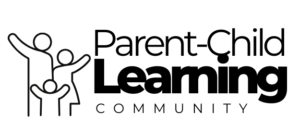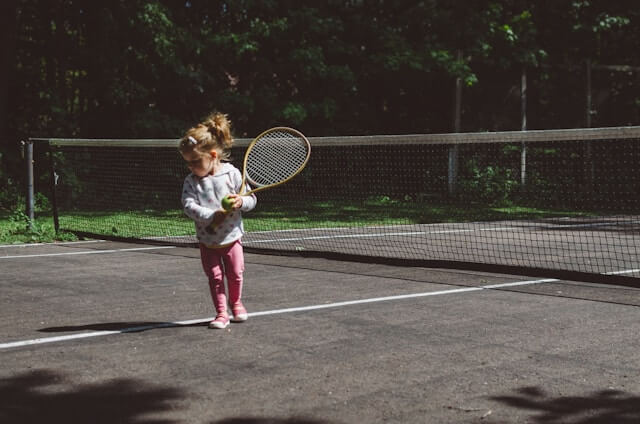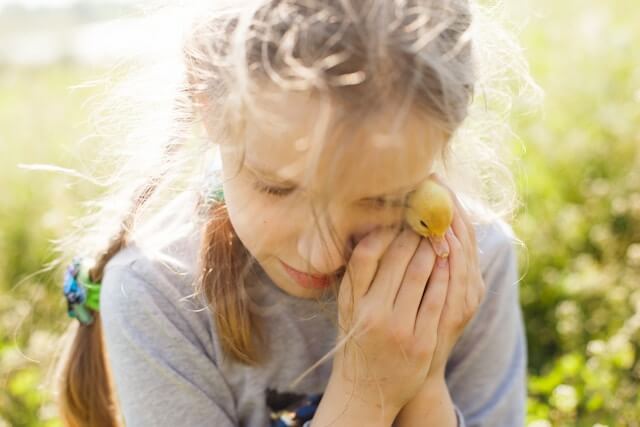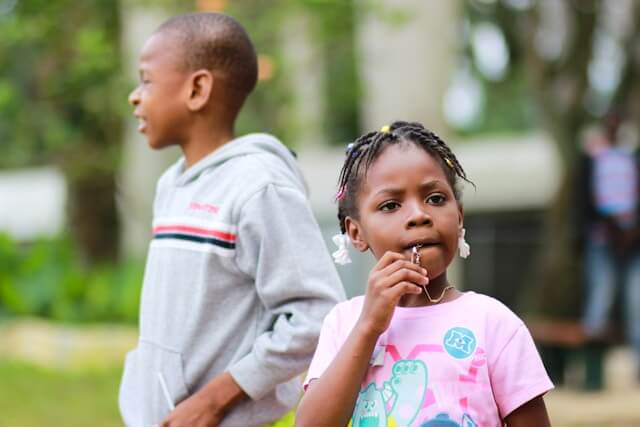Aren’t you tired of yelling and spanking your child when you can easily learn how to stop these things?
Every parent sometimes lashes out at their child. You are a human being, not a robot. But when you get angry regularly or uncontrollably, this can have a real impact on your child.
It is not just about what you say, but also how you say it. Your voice tone, and your posture, can quickly create an unsafe environment for your child. Long-term yelling or spanking can lead to:
- Fear, insecurity and low self-esteem
- Emotional and behavioral problems
- Negative self-image
- Depressed feelings
It is also important to remember that children learn more through observation and imitation. If you yell or spank your child, you are giving them the image that this is an acceptable way to communicate.
And it can affect their behavior and relationships in the future. These habits create emotional distance between you and your child. It makes it harder for your child to be honest with you or to share emotions with you.
This can complicate communication between the two of you and make your child feel misunderstood.
In this article, we will delve into why you need to stop those habits and practical tips to effectively communicate with your child without yelling and spanking.
Reasons to Stop Yelling and Spanking Your Child
It affects their emotional well-being
After your outburst, he suddenly sits down at the table obediently. Spanking sometimes seems to work, but make no mistake. Yes, it often temporarily stops the behavior that makes you angry, but for the wrong reasons.
Yelling causes your child to stop his behavior out of fear, he just wants his father or mother to stop.
It is not because he has actually made a decision to improve his behavior. So next time, your child will display the same behavior again.
They can get used to it
The first time you yell or spank your child, he’ll probably do what you want. But the more you do it, the less effective it is. It often creates a perpetual cycle: the more parents embrace these habits, the worse their children behave, which in turn leads to more yelling and spanking.
He’ll get used to it and that’s probably the last thing you want for your child.
It encourages lying
According to research, these habits result in a child who lies a lot. This is because he’s afraid of getting the full brunt, he’ll do things secretly and lie.
Future behavioral problems
Several studies have shown that children who are regularly yelled at or spanked are likely to become aggressive and defensive later in life. They are also more likely to develop depression and concentration problems.
Also Read: Do This to Help Your Child Read and Write Faster
How to stop these habits of yelling and spanking a child
It’s clear that yelling at your child or spanking is not something you should do. But how do you prevent yourself from losing your patience? Here are eleven ways you can avoid it.
Don’t threaten
Give warnings and reminders, but avoid threats.
Make contact
If your child doesn’t listen the first time you say something, walk over to him. Get his attention, make eye contact, and speak firmly but softly.
Calm down
Count to ten when a situation is getting out of hand. This gives you a chance to calm down a bit and regain perspective before you lose your temper.
Set the rules
Create clear house rules, write them down and hang the list in a prominent place so everyone can see them.
Be consistent
Explain to your child in advance what the negative consequences are if he does not follow the rules. To show that you mean what you say, really stick to it.
Communicate non-violently
Instead of yelling, you can ask questions and offer solutions.
Show empathy
You can try to remember how you felt when you were mistreated and use that empathy to help your child.
Apologize
Try to apologize when you lose your temper and make amends to repair the relationship.
Eye contact
Eye contact shows attention and interest, and helps identify the child’s needs.
Seek help
If you are having difficulty, you can seek help from a professional psychologist.
Also Read: Follow These Strategies to Raise a Smart and Confident Child
What to do if you’ve yelled or spanked your child
Talk to your child
The most important thing to do is to talk to your child about what just happened. You are setting a good example when you do that. You are showing that you too sometimes make mistakes and you are showing how to deal with them.
Take your child with you and talk to him on an equal level. Explain what just happened, without blaming your child. For example, ‘I didn’t know what to do to make you listen to me, so I got angry and spanked you. I shouldn’t have done that.”
Ask your child if it’s okay for you to try again so that your child sees that you are changing your behavior to a friendlier way. He also learns a lot from this, because he sees you as an example.
Apologize
A simple, “I’m sorry I yelled at you ” goes a long way. Not only because you show remorse, but also because you set a good example for your child. He sees that you made a mistake (and thus learns that everyone makes mistakes and that’s okay) and takes responsibility for it and apologizes.
Reconnect with your child
Spend some time with your child afterward, play together or go for a walk. This will restore your bond.
Also Read: When Should You Teach Your Child About Sex and At What Age?
Conclusion
If you’ve made it this far, you’ve realized that yelling or spanking your children does nothing positive. In addition to the possibility of triggering episodes of depression and allowing your child to retaliate with verbal aggression, this type of education has no positive effect whatsoever.
Therefore, before you explode or express anger towards your child, look at yourself to control your anger and look at your child and try to understand what is behind the tantrum. Dialogue and empathy will always be the best paths.














